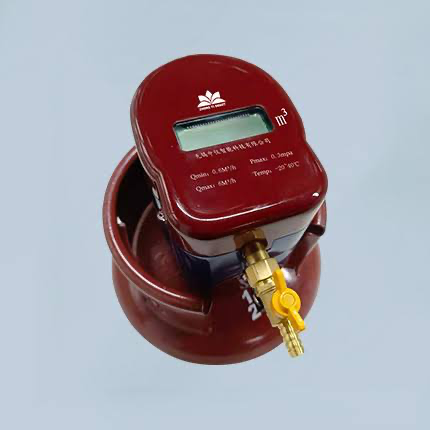170
A groundbreaking initiative is set to revolutionize energy access for millions of indigent households worldwide. The project envisions the widespread rollout of smart LPG (liquefied petroleum gas) and solar systems, along with hydrogen-powered stoves, to provide clean, reliable energy to those in need.
With an estimated 351 million indigent households lacking access to modern energy services, the need for innovative solutions has never been greater. The project aims to address this pressing issue by leveraging cutting-edge technology and sustainable energy sources.
Smart LPG and solar systems offer a cost-effective and environmentally friendly alternative to traditional energy sources, such as wood and coal. By harnessing the power of the sun and clean-burning LPG, households can enjoy reliable energy for cooking, heating, and lighting without harming the environment or compromising their health.
The inclusion of hydrogen-powered stoves represents a significant leap forward in clean cooking technology. Hydrogen is a clean and abundant fuel that produces no harmful emissions when burned, making it an ideal choice for environmentally conscious households.
In addition to providing access to clean energy, the project aims to empower indigent communities by creating opportunities for economic development and social inclusion. By enabling households to save money on energy expenses and improve their quality of life, the project has the potential to lift millions out of poverty and improve overall well-being.
The widespread adoption of smart energy solutions also holds promise for mitigating climate change and reducing greenhouse gas emissions. By transitioning away from fossil fuels and embracing renewable energy sources, indigent households can play a crucial role in the global effort to combat climate change and build a sustainable future for all.
As the project moves forward, stakeholders from government, industry, and civil society must work together to ensure its success. By mobilizing resources and expertise, they can overcome barriers and challenges to implementation and maximize the project’s impact on the ground.
Ultimately, the vision of bringing smart energy solutions to millions of indigent households represents a beacon of hope for a brighter, more sustainable future. With determination and collective action, we can turn this vision into reality and ensure that no one is left behind in the transition to clean, reliable energy for all.
Source: Engineering News
With an estimated 351 million indigent households lacking access to modern energy services, the need for innovative solutions has never been greater. The project aims to address this pressing issue by leveraging cutting-edge technology and sustainable energy sources.
Smart LPG and solar systems offer a cost-effective and environmentally friendly alternative to traditional energy sources, such as wood and coal. By harnessing the power of the sun and clean-burning LPG, households can enjoy reliable energy for cooking, heating, and lighting without harming the environment or compromising their health.
The inclusion of hydrogen-powered stoves represents a significant leap forward in clean cooking technology. Hydrogen is a clean and abundant fuel that produces no harmful emissions when burned, making it an ideal choice for environmentally conscious households.
In addition to providing access to clean energy, the project aims to empower indigent communities by creating opportunities for economic development and social inclusion. By enabling households to save money on energy expenses and improve their quality of life, the project has the potential to lift millions out of poverty and improve overall well-being.
The widespread adoption of smart energy solutions also holds promise for mitigating climate change and reducing greenhouse gas emissions. By transitioning away from fossil fuels and embracing renewable energy sources, indigent households can play a crucial role in the global effort to combat climate change and build a sustainable future for all.
As the project moves forward, stakeholders from government, industry, and civil society must work together to ensure its success. By mobilizing resources and expertise, they can overcome barriers and challenges to implementation and maximize the project’s impact on the ground.
Ultimately, the vision of bringing smart energy solutions to millions of indigent households represents a beacon of hope for a brighter, more sustainable future. With determination and collective action, we can turn this vision into reality and ensure that no one is left behind in the transition to clean, reliable energy for all.
Source: Engineering News



